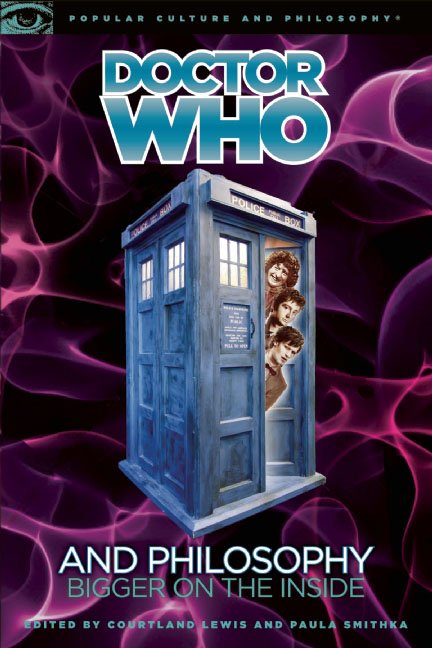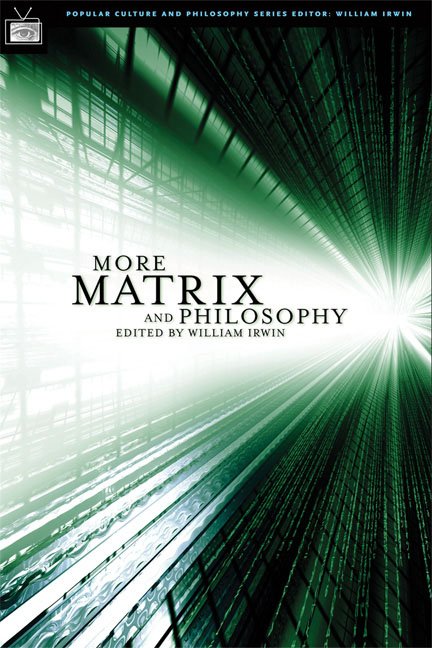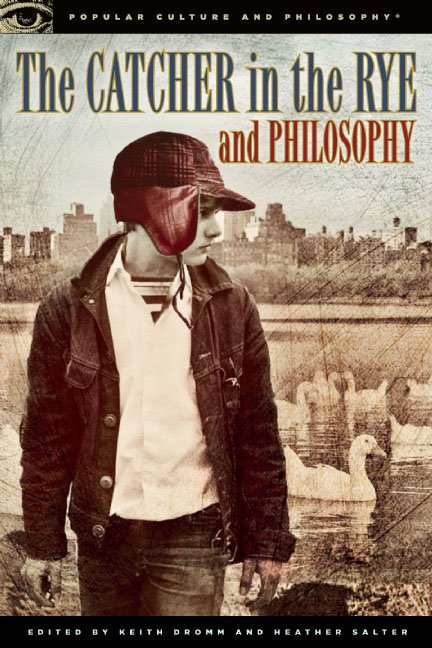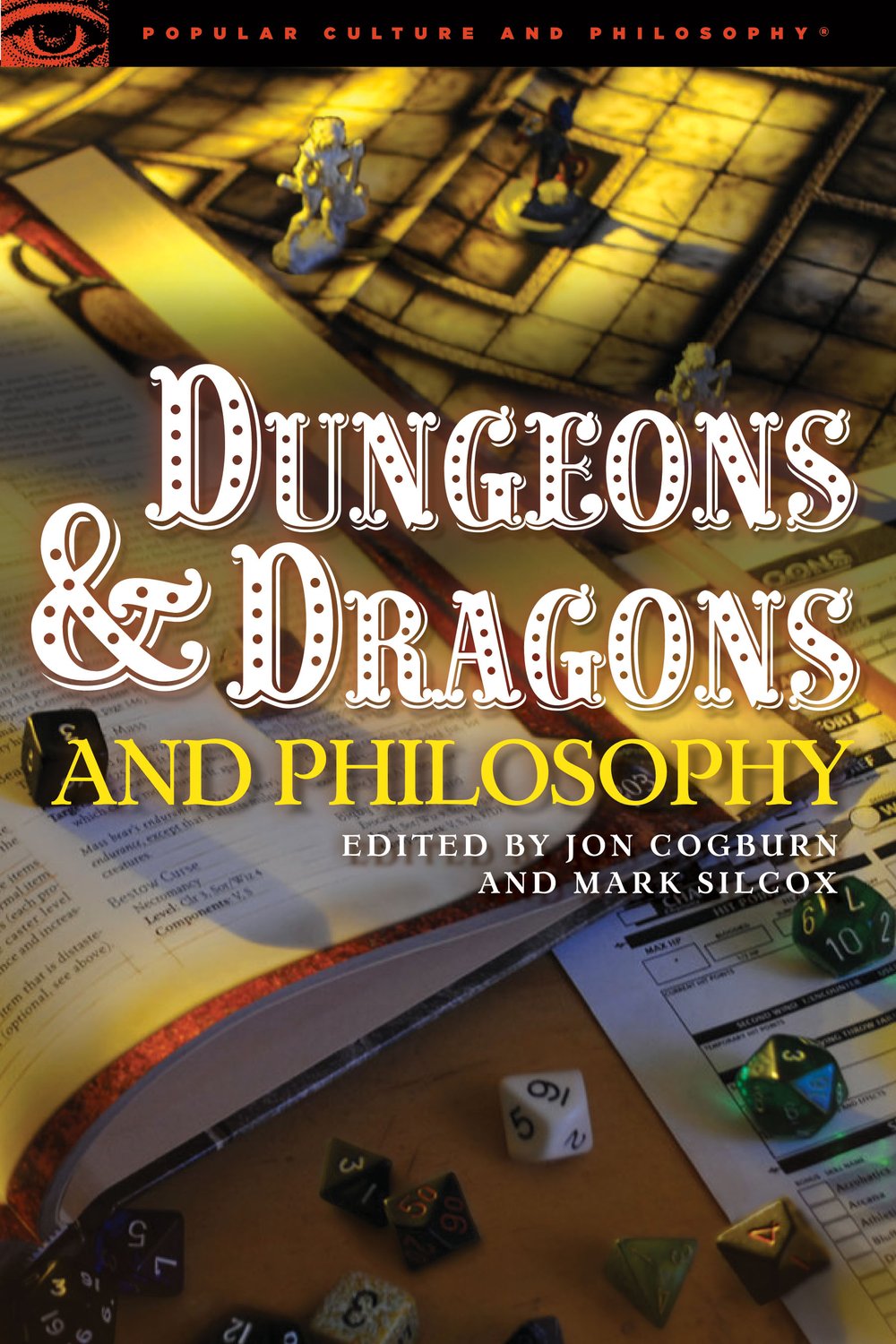Tom Petty and Philosophy
We Need to Know
For the first time, serious thinkers explore the work of this towering genius of rock music. For fans of Tom Petty, this volume is an eye-opener, with fourteen music-savvy philosophers looking at different facets of Petty's artistic contribution. They examine not only Tom Petty's thoughts but also the thoughts we have while we listen. The authors, all Petty fans, come from every philosophical viewpoint: classical, analytic, postmodernist, phenomenological, and Nietzschean.
Tom Petty's body of work exists on a continuum between Folk and Rock, between New Wave and Americana, between Southern simplicity and West Coast chic. There is the legacy left to his main backing band, the Heartbreakers, but also bookended by Mudcrutch and his collaborations with his elders, such as Bob Dylan, George Harrison, Roy Orbison, and Johnny Cash.
Tom Petty's songs hook and they captivate, but they are often profound in their understatement, their stark minimalism. His insight into the human condition conveys a powerful philosophical anthropology with a metaphysics of tragedy, gravity, and levity.
Tom Petty's ethics focuses on dilemmas of the outcast, downtrodden, and heartbroken with a view to the fallen and the sinful as our redeemable antiheroes of the everyday.
His political thinking is that of the artist, enlivened by Southern hostilities and Californian futilities, culminating in a personal ethic that puts duty to the fans first. Petty's theory of knowledge is psychological and interpersonal, both deeply meditative and delightfully skeptical. The dialectic of love and hate, abuse and recovery, poverty and power, triumph and loss provide the genuine objects of knowledge.
Above all, Petty's songs are the confessions of a poetic mind interpreting a wounded soul. Petty lived his life the way he wrote and the way he played. It was grit, drive, and just enough finesse, to make things nice, where they need to be nice. On stage, he put the schau in Anschauung.
Petty stood up to corporate assholes in a number of precedent-setting legal maneuvers and album concepts, risking his career and fortune, but never backing down. He was the center of a musical community that endured over four decades. His ability to cultivate new generations of listeners while connecting himself backward to the heroes of his own youth have made him universally respected by the widest range of music fans.
Randall E. Auxier is a musician and also a professor of philosophy and communication studies at Southern Illinois University Carbondale. He is the author of several books, including Metaphysical Graffiti (2017), and the editor or co-editor of many more, including Bruce Springsteen and Philosophy (with Douglas R. Anderson) (2008). Megan Volpert is the author of many books on communication and popular culture, including two Lambda Literary Award finalists. After seven years as a nationally competitive debater, she competed in poetry slams for several more. Her MFA in Creative Writing is from Louisiana State University and she writes regularly for PopMatters. She has been teaching high school English in Atlanta for over a decade and was 2014 Teacher of the Year. She edited the American Library Association-honored anthology This Assignment Is So Gay: LGBTIQ Poets on the Art of Teaching. She is co-editor of RuPaul's Drag Race and Philosophy (2020).





